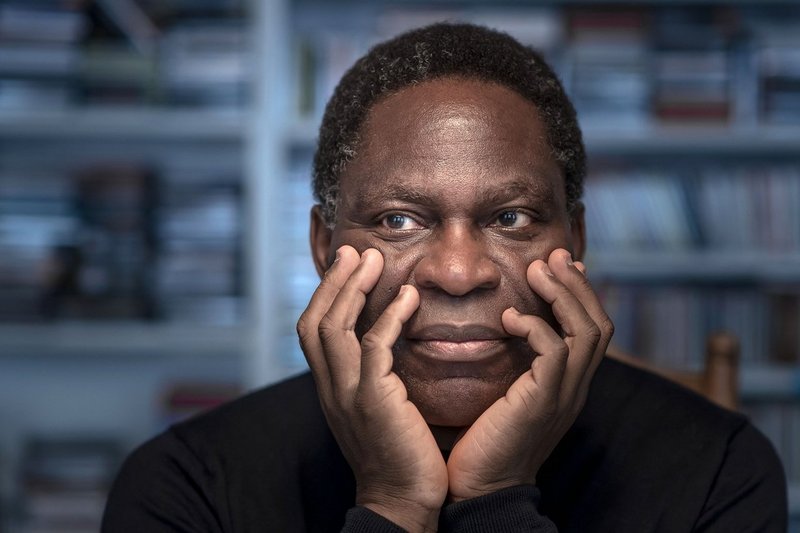Black Music
Wie auch in Bezug auf die Frauen im STV anklingt, ist Diversität im STV kaum je ein Thema – oder zumindest nur, was verschiedene ästhetische Strömungen und Sprachkulturen angeht. Konkret bedeutet dies, dass keines der wenigen Schwarzen Mitglieder je bei einem Tonkünstlerfest aufgeführt oder auf CD porträtiert worden ist.
Eine mutigere Herangehensweise an das Thema – allerdings auch zu einem späteren Zeitpunkt – wählte Lucerne Festival im Jahr 2022 mit dem Festival-Motto «Diversity». Bewusst wurden dazu Schwarze Künstler:innen und Komponist:innen eingeladen.
Während dieser Fokus von manchen begrüsst wurde, diskreditierten ihn andere vor allem als billige Marketingmassnahme – eine Sichtweise, der Intendant Michael Haefliger entschieden entgegentrat: «We have received some criticisms that we are doing this for marketing purposes, communication, and that led me to a lot of thinking. I mean the whole theme led me to a lot of thinking. You take a big stone in the forest, in the woods, and you lift it and all of a sudden you see what’s underneath and you think: ‹Oh my god. Maybe I should have never lifted it.› And there were these moments we had in the team also about the theme. But we’re so certain about it, and determined that it’s important to do it.» (vgl. Video, 30:32–31:08)
Wieder andere waren zwar dankbar für die Betonung der Diversität, sahen sich aber gleichzeitig gerade dadurch als exotisches Exempel vorgeführt oder als Alibi missbraucht. Auch einer der 2022 in Luzern porträtierten Komponisten, der Bieler und heutige Harvard-Professor Jessie Cox, gratulierte in seinem Aufsatz «Black Lives at Lucerne Festival 2022» einerseits zur «leadership» beim «lifting the cone of silence», kam andererseits aber zu einem zwiespältigen Fazit: «The term ‹diversity› allowed for an opening of a series of questions in Switzerland and in the classical music world. At the same time, the need for such a term is in some ways tied to the inability of a discursive engagement with those questions behind this term. In fact, the term ‹diversity› has also been levied as a way to erase those very topics it is invoked for – such as sexism, antiblackness, racism, and discrimination.»
Gerade aufgrund der Propagierung solcher Diversity prangert Cox eine gewisse «Colourblindness» der Schweiz an: «The notion of diversity as more than a question of ‹mere› skin colour has been taken up by multiple commentators on the 2022 Lucerne Festival in a variety of ways. The issue with discourses of colourblindness is that Blackness is erased, an erasure that is paramount to antiblackness’s workings. Discourses of colourblindness make examples out of Black people and, in the same turn, erase race.» (vgl. den Artikel von Jessie Cox)
Gleichzeitig kann in Bezug auf Lucerne Festival und Schwarze Musik aus der Schweiz aber jedenfalls nicht von einer Eintagsfliege gesprochen werden: Der in Nigeria geborene St. Galler Komponist Charles Uzor, der von der Schweizer Landesausstellung Expo.02 noch als «Black Tell» vorgeführt und vom STV überhaupt nicht beachtet wurde, war bereits mehrfach mit Aufführungen und Kompositionsaufträgen bei Lucerne Festival vertreten (vgl. auch Thomas Gartmanns Interview mit Charles Uzor).

